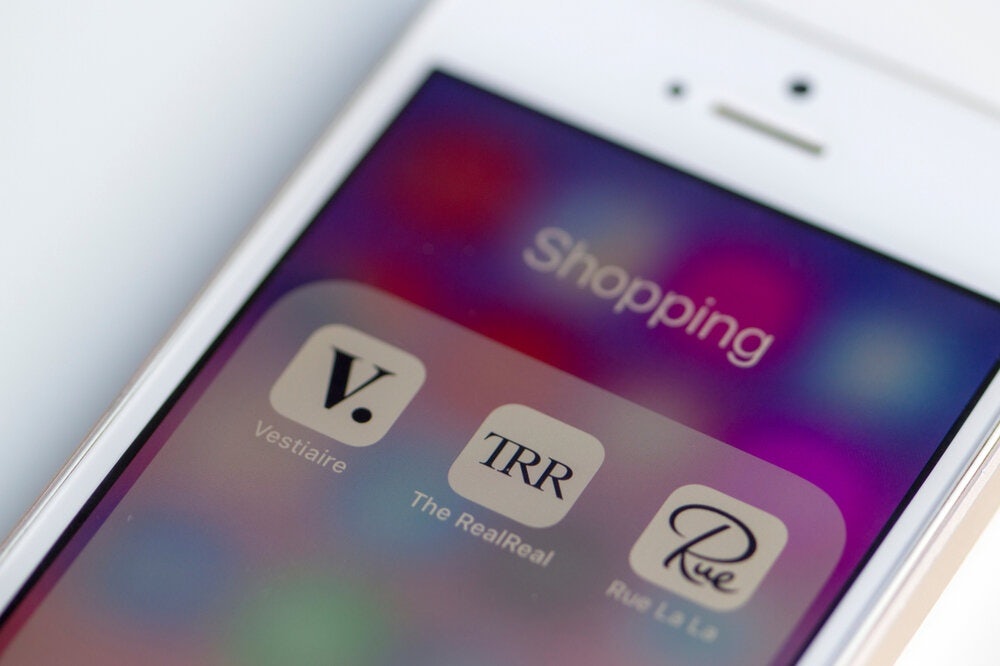
In the established luxury markets of North America, Europe, and Japan#
, resale has become a big business, one that is only becoming more important with younger consumers displaying a preference for archival pieces and sustainable consumption. According to the Boston Consulting Group, the global resale market is valued at as much as $40 billion, and is set to grow at a compound annual rate of 15 to 20% over the next half-decade.
Even in China, where consumers have traditionally been less receptive to used goods, the effective use of content-commerce strategies by domestic platforms such as
Isheyipai#
,
Ponhu#
,
Feiyu#
, and
Plum#
is fueling a surge of interest in secondhand luxury.
Yet globally, resale still represents a tiny share of the luxury market, accounting for an estimated 2% of revenue (in China, its share is larger, at and approximately 5% of the total luxury market). For major resale platforms (and investors), there’s a clear opportunity.
While VCs have been pouring cash into platforms like
The RealReal#
,
Depop#
, and
Vestiaire Collective#
, luxury brands themselves have, until recently, remained resistant to the idea of endorsing secondhand luxury retail. But now that wariness looks to have evaporated, thanks at least in part to the coronavirus pandemic.
This month,
Kering#
acquired a 5% stake in Vestiaire Collective (along with a board seat) in the platform’s €178 million ($214 million) fundraising round, while Kering-owned
Gucci#
announced an official partnership with the U.S.-listed The RealReal in October 2020. Rival
LVMH#
is also expected to outline broader plans for resale in 2021, with its group head of image, communications, and environment Antoine Arnault telling Vogue last fall, “We are currently studying the subject [of resale]. It is still a little early to fully answer this question. It's an economy that exists, that's growing in importance, so we're looking at it carefully.”
The clear opportunity in resale — and the fear of missing out — was echoed by Kering digital chief Grégory Boutté, who said, “We recognize that this is a fundamental shift that’s happening in the way clients are relating and engaging with luxury fashion, so we don’t want to close our eyes and pretend it’s not happening.”
At this point, seeing more luxury groups and brands ink official partnerships with resale platforms is no real surprise, given how such deals can help control the spread of counterfeits and maintain brand image. But the trend also brings up the more interesting question of when brands will cut out the middleman by taking resale in-house, and what effect that will ultimately have on the platforms.
A Kering brand could well be among the first to take that step, potentially Gucci, whose CEO, Marco Bizzarri, told Vogue Business, that the brand was “looking into a large offering in its own stores.”
LVMH’s relative silence on the matter also speaks volumes. The group’s focus on sustainability, — reflected in the recent prioritization of upcycling by portfolio brands like
Loewe#
and
Louis Vuitton#
— hints at the possibility that the group could take archival or secondhand retail in-house through either a new platform or the evolution of its
24S#
e-commerce site.
Even as it lags behind Kering in the race to integrate resale into its broader offerings, LVMH has an opportunity to leapfrog into a stronger position in the “certified pre-owned” space simply by retaining full control for the time being and opting out of working with third parties. As the most valuable company in Europe, LVMH has many resources at its disposal, along with a broad consumer base that spans boomers to Gen Z, an enviable worldwide brick-and-mortar footprint, and at least moderate prowess in the digital space.
The next question is whether LVMH can put its many advantages to use. Will it enter into some sort of partnership with a platform like The RealReal or Vestiaire Collective or take a wait-and-see approach, perhaps learning from any mistakes Kering happens to make in the months ahead?
